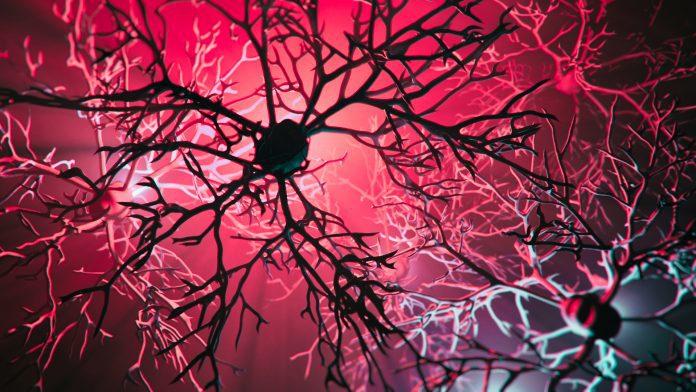
Researchers from Trinity College Dublin and their colleagues have potentially uncovered a groundbreaking discovery about epileptic seizures, finding that the blood-brain barrier plays a crucial role in their occurrence.
Epilepsy impacts approximately 1% of the global population, equating to 50 million people worldwide. This chronic central nervous system (CNS) disorder is characterised by recurrent, spontaneous seizures that are influenced by disrupted electrical activity in the brain. Novel research now suggests that the blood-brain barrier could be the key to preventing these seizures.
The study, published in Nature communications, included experts from Trinity College Dublin, RCSI, St James’s Hospital, Beaumont Hospital and Uppsala University.
What is the blood-brain barrier?
Despite the brain comprising only 2% of the entire human body mass, it employs around 20% of the body’s daily energy production. The brain’s cells are replenished by a complicated network of capillaries that form the blood-brain barrier to maintain this high energy demand. It is estimated that there are so many of these capillaries that each brain cell is nourished by its own dedicated capillary.
The investigators hypothesised that it is the disruption of these capillaries and the blood-brain barrier that is the fundamental driver of epileptic seizures.
Dr Matthew Campbell, Associate Professor in Trinity’s School of Genetics and Microbiology, commented: “Our findings suggest that designing medicines aimed at stabilising the integrity of blood vessels in the brain may hold promise in treating patients who are currently non-responsive to anti-seizure medications.
“This work represents one of the first conclusive studies that pinpoint a key feature of seizures that have to date not been studied in great molecular detail.”
Inhibiting epileptic seizures
The team’s study was translational in nature and included basic and clinical research arms involving epilepsy patients. The researchers used similar techniques in humans and in pre-clinical models, allowing them to observe that the blood-brain barrier was a crucial driver of seizure activity.
Moreover, the team were able to establish that restoring the integrity of the blood-brain barrier could prevent epileptic seizures, a potentially groundbreaking avenue for developing novel therapies for the condition.
Dr Chris Greene, Postdoctoral research fellow and first author of the study, added: “We are excited about the potential our findings hold for advancing the field of epilepsy research as well as other neurological conditions. In fact, stabilising the integrity of blood vessels in the brain could have relevance for a wide range of other diseases, and we are just at the beginning of the process in driving the research forward.”
Colin Doherty, Professor of Epilepsy at Trinity, concluded: “This work was the culmination of many years of collaboration between both clinical and basic research groups. It simply wouldn’t have been possible without the commitment of patients and their interest in getting involved in research studies aimed at better understanding their condition.”









